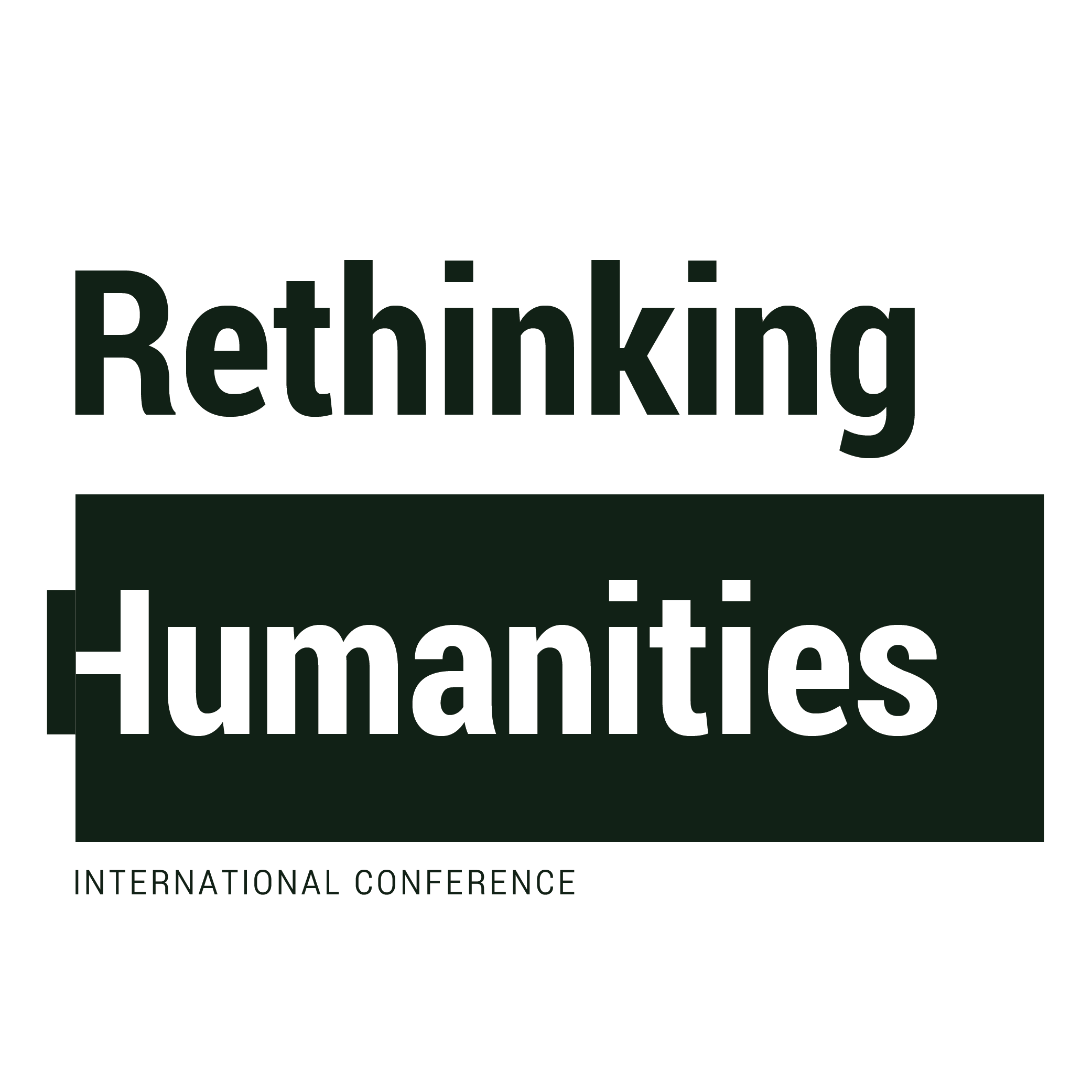International Conference Rethinking Humanities
The LabCom.IFP-Communication, Philosophy and Humanities Research Unit will carry out the International Conference Rethinking Humanities on December 10 and 11.
The technological transition and tension arising on the representations of the human question the traditional conceptions of Humanities, giving them back the task of identification of a human increasingly mutable.
More recently the Humanities were confronted with technical developments that seem to call into question, beyond humanistic knowledge, the methods, ideals and even the media, that have always defined them.
Digital technologies would tend to transform the linear experience induced by discursive thought, which tends to be monologic and linear, in an experience of multiple voices, in which each one may intervene/ participate with texts and images in constant interaction.
Such an experience would dissolve a wisdom that characterizes the culture of writing and of the book, in which the humanities would have its privileged place. The very image of man and humanism associated to it, provided by the humanities, would be called into question by a mutation, so desired by some as feared by others, of the human being towards a post-human, still poorly defined, in the origin of which the association between digital and genetic technologies lies.
According to some perspectives, the classical humanities (and the narratives and forms of representation associated to them) would have been complemented, or even replaced, by the "new Humanities" and by the "digital humanities" – being thus important to wonder about what is new in the humanities today and about the effects of media (and, in particular, of digital media) on them.
As it is also important to question the object of the Humanities (human): which human do we talk about today? Has this human been replaced by the post-human or even by the anti-human? If so, what could be the meaning and the implications of these new categories for the Humanities? This is the object of investigation of the conference carried out in an interdisciplinary matrix of communication sciences, practical philosophy and arts.
Guest speakers include Professors and researchers Gilbert Hottois (Univ. Libre de Bruxells, Belgium), Leonel Ribeiro dos Santos (University of Lisbon), Gino Roncaglia (University of Viterbo, Italy), Pau Alsina (Univesita Operta of Catalonia), Alastair Fuad-Luck (Allto University, Finland) Arianna Ciulla (Roheampton University, UK) Kathryn Piquette (University College London, UK) Peter Dahlgren (University of Lund, Sweden), Moisés Martins (University of Minho, Braga), Anna Calvera Sagué (Iniversitat de Barcelona) and João Costa (New University of Lisbon).
Among the issues under discussion we include: "The future of books and Literature", "Digital Arts", "The impact of new technologies in classical studies", "New technologies and Communicative public " and "Ethics, the limits of the human in the technological age".







